 By Francesca Lewis
By Francesca Lewis
Even with a legal certificate, medical marijuana is not allowed on campus.
Dean of Student & Academic Life Dr. Stanley Bucholc said, “The federal law supersedes the state law on Question 3.”
The government sees marijuana as a class D psychotropic drug, and since Fitchburg State receives grants, federal work-study and financial aid for students from the government, the university has to follow federal law.
If they violate this law, the school could lose that funding and they could lose more than ¾ of students on campus who receive financial aid.
“You can’t smoke in the dorms anyway,” Bucholc said. He explained that the main medicinal component in marijuana, THC, is available in other forms so you don’t have to smoke it, but these methods are sometimes not as effective for patients.
The problem is, even with the correct documentation from a doctor, marijuana is not allowed on campus.
Bucholc suggests some alternatives, include using it off campus. “We’re under what’s called the Drug Free Schools and Communities Act which is a federal law that dates back to 1979 and prohibits drugs on campus and around schools, so we’re not allowed to have it on campus,” he said.
“I personally know people who have used marijuana for treating cancers and it helps,” Bucholc said. “They don’t always know why, but it works so they go with it.” Bucholc sympathizes with students who need this medication.
“What’s odd about it is that there are FDA approved drugs that have THC that have the same effects as smoking marijuana,” he said. “If you smoke it and it’s the same as taking the pill, why couldn’t both be approved by the FDA?” Bucholc asked.
Bucholc advises that students let him and campus police know if they have a prescription for marijuana, so that they are aware of this medication in the event that the student is found with the drug on campus.
“Generally we don’t arrest students for marijuana if they have a personal amount,” Bucholc said. “We work with them on campus unless they are dealing or have a large quantity,” he said.
In any case, to avoid trouble, students should use their medication on property that is not university owned. However, Bucholc stresses the importance of being in a safe area. “There are some people who might need a dose every eight hours,” Bucholc said, “and if you need it at night, be careful.”
Bucholc also advises that students who take other medications let their roommates know. “Likewise if you are diabetic,” he said, “tell your roommates so they know you’re injecting insulin.”
Despite the university being in a tight fix, Bucholc is glad for the changing laws. “What I am glad for, is that those who have a medicinal purpose for marijuana will have dispensaries and clearing houses, and a good quality product.” Because it is not yet regulated, you don’t know what you’re getting on the street.
In the future, when sold in a safe environment from people interested in your health can only be a good thing.
“As a state institution, the quandary we’re in is that we can’t break the federal law,” Bucholc said. “We did check with our legal counsel and we simply can’t have it,” he said.
The university can’t allow the drug within the dorms. One solution suggested students leave their medication in a safe place with campus police or health services; however, Bucholc explained that also wasn’t an option.
“They can’t distribute an illegal drug,” he said. Health services don’t distribute or store medications for any students, and even from their perspective, medical marijuana is an illegal drug.
“I know that there are people that truly need it so we would work with them to get the treatment needed and still attend the university,” Bucholc said.
Even states that have legalized marijuana can’t use the drug on college campuses because it breaks federal law. “Right now, the government can look the other way but at some point they may not be able to,” Bucholc said.
There are arguments on both sides of the table, but for now, Bucholc said FSU is following the public opinion and the federal law. “It has always has been illegal on campus,” he said, “and we are dealing with it in the same way as other schools.”

February 16, 2024
February 16, 2024
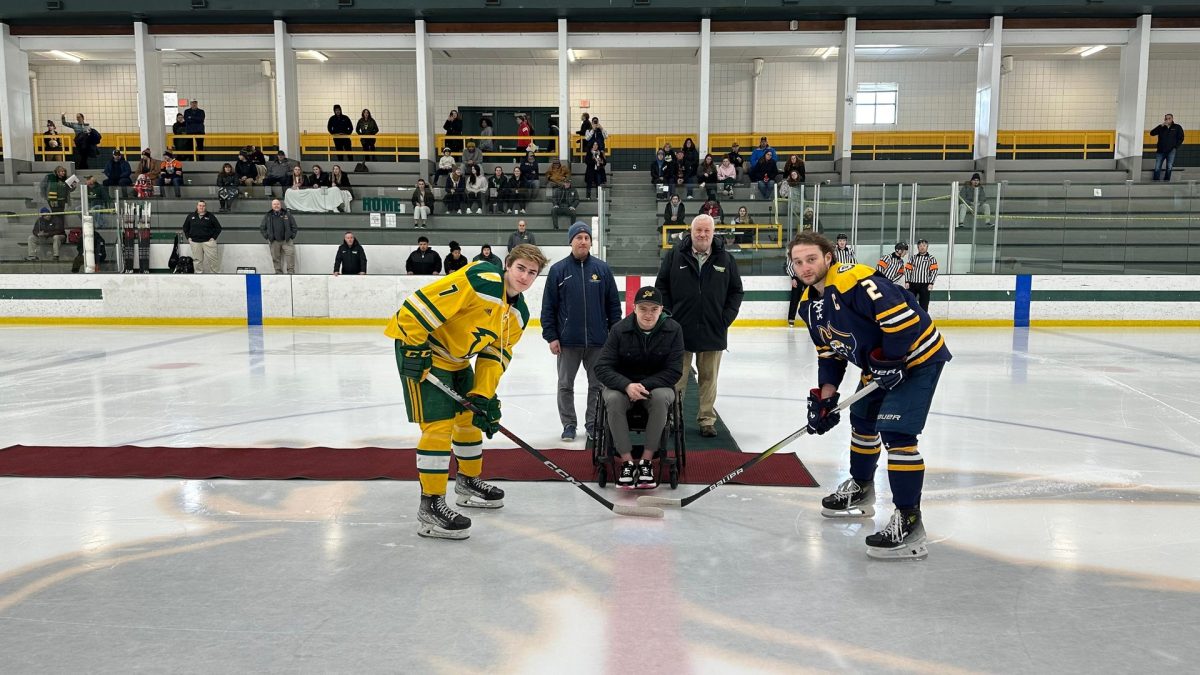
February 16, 2024

February 16, 2024
Trending Stories
Does medical marijuana have a place on the FSU campus?
May 8, 2014
View Comments (1)
More to Discover


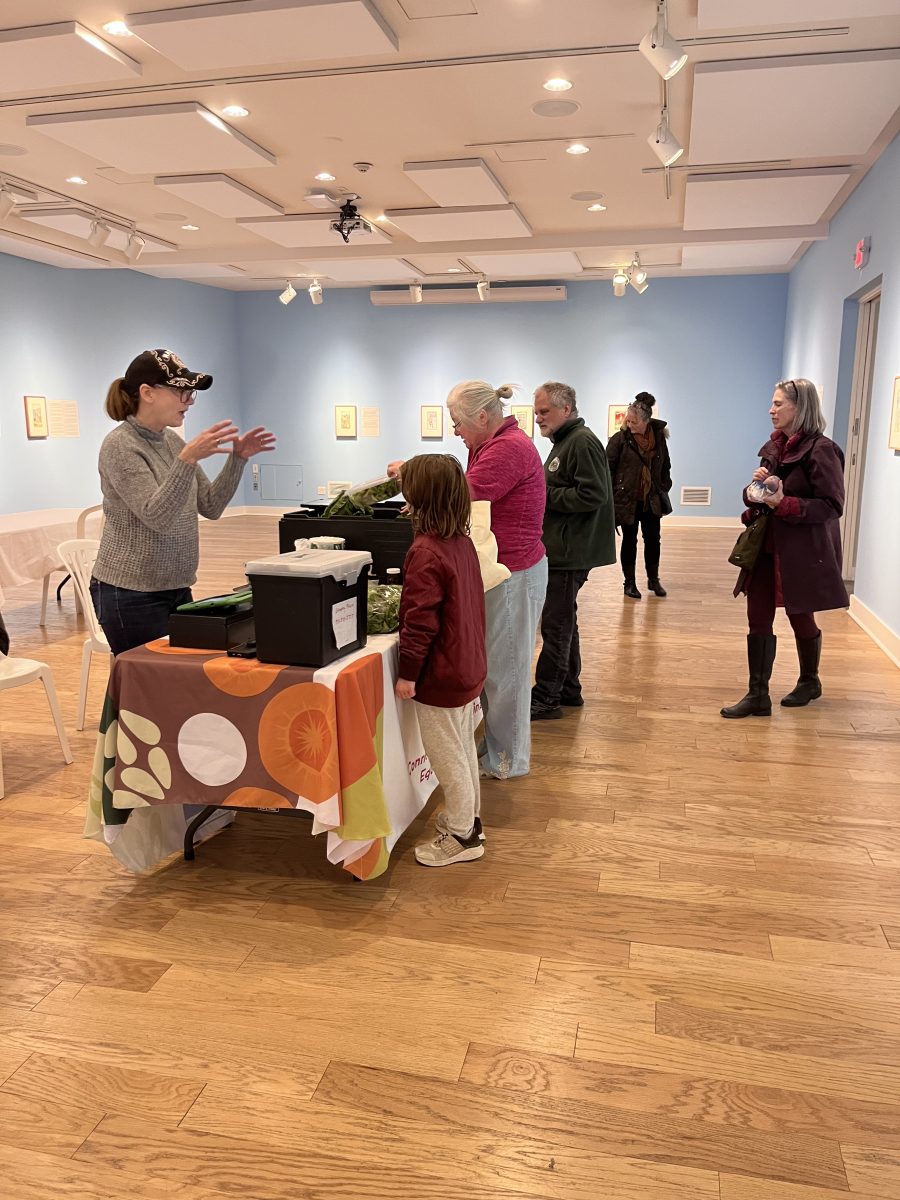
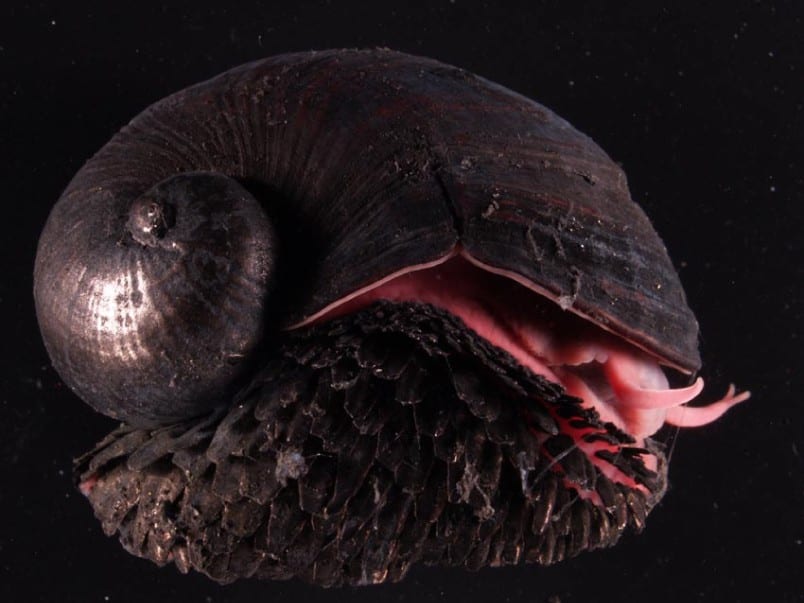




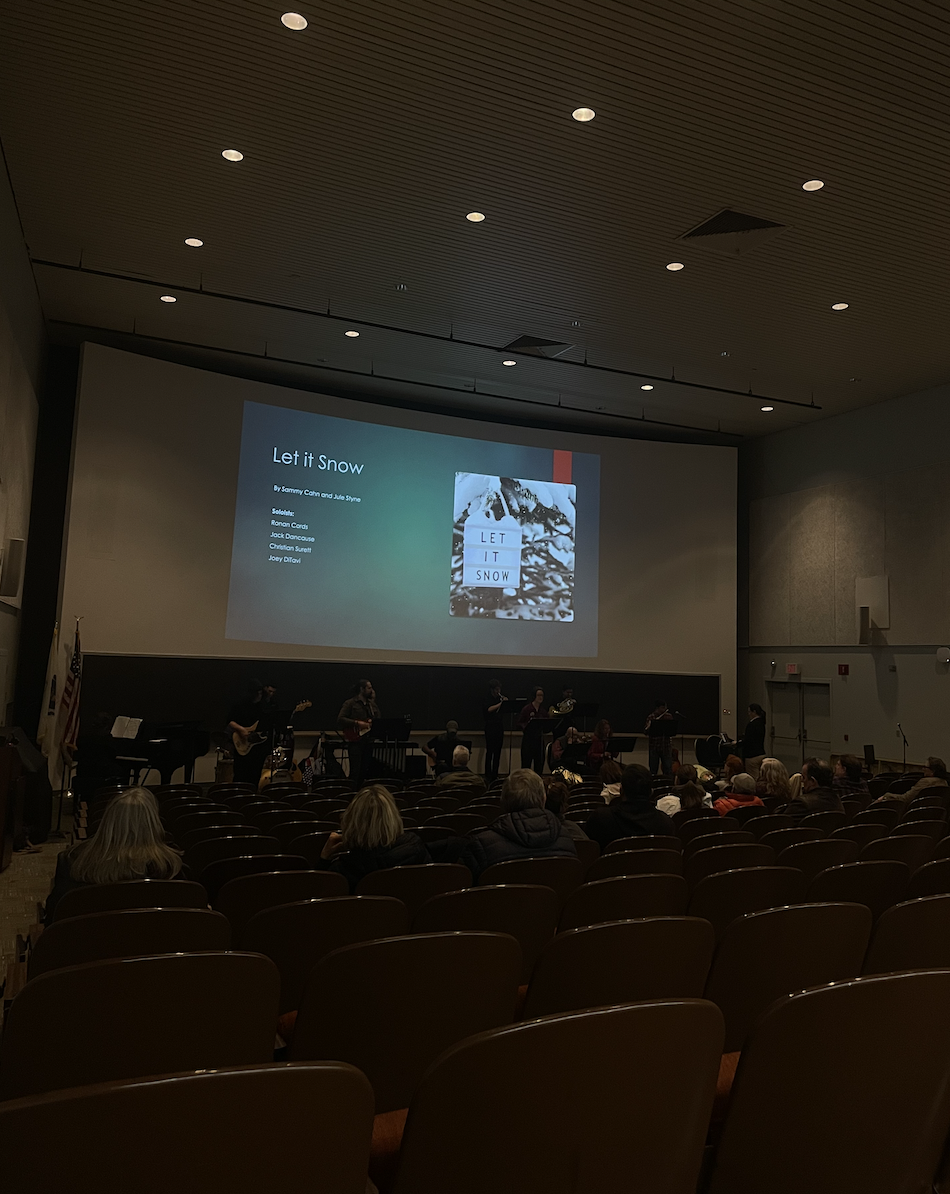


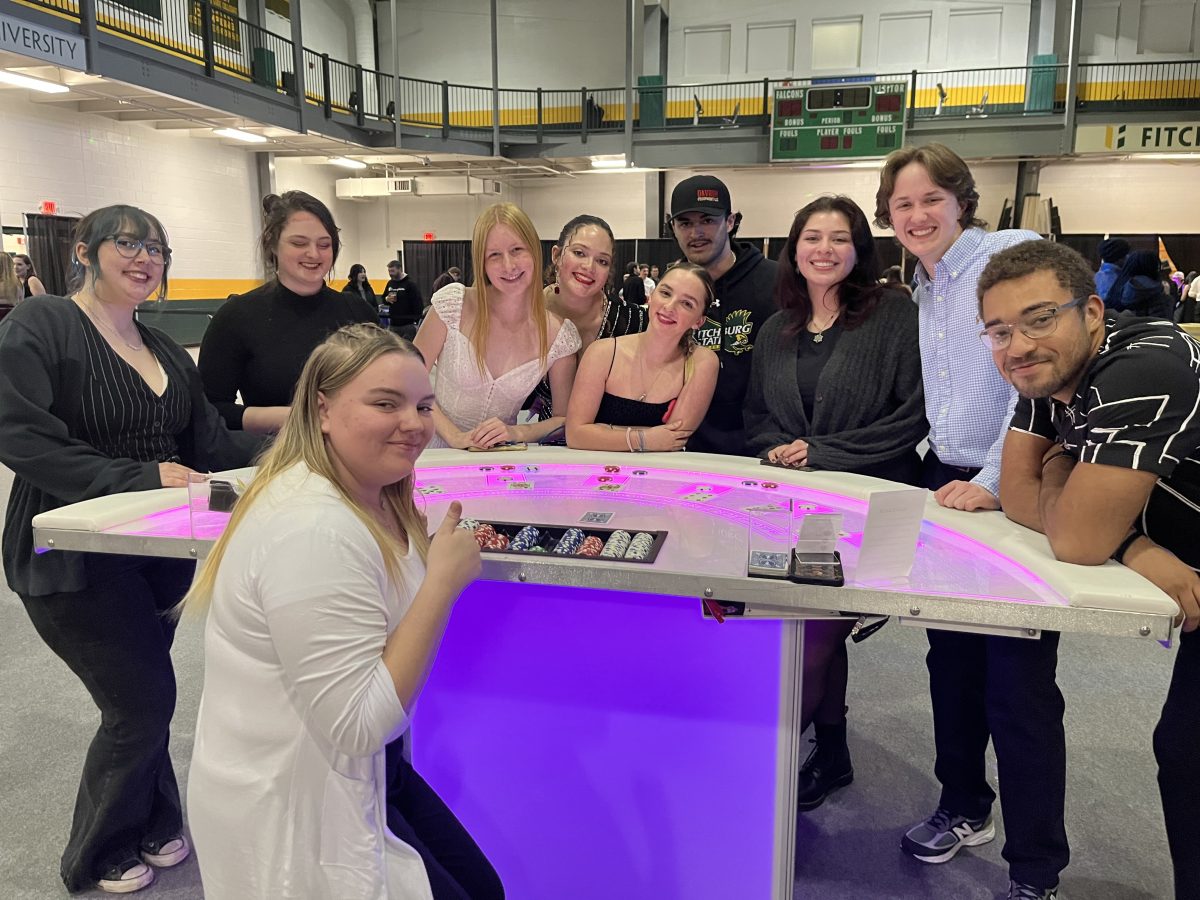
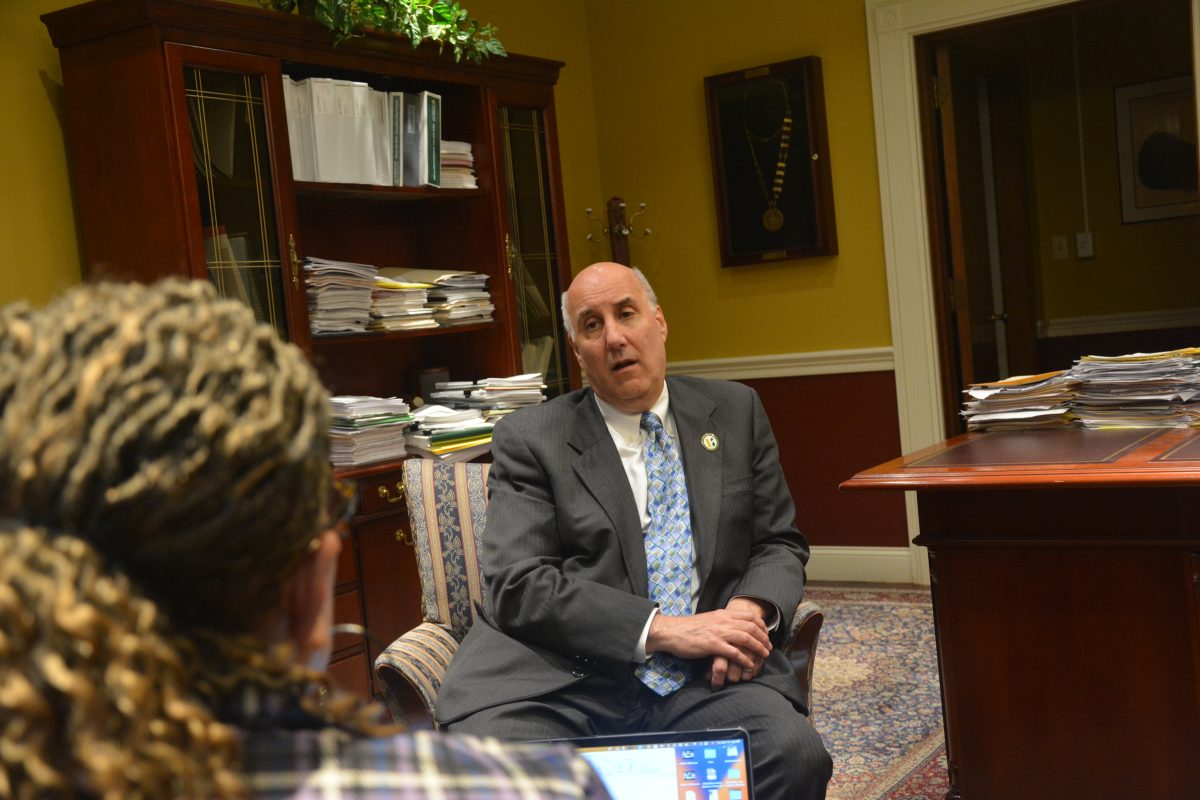
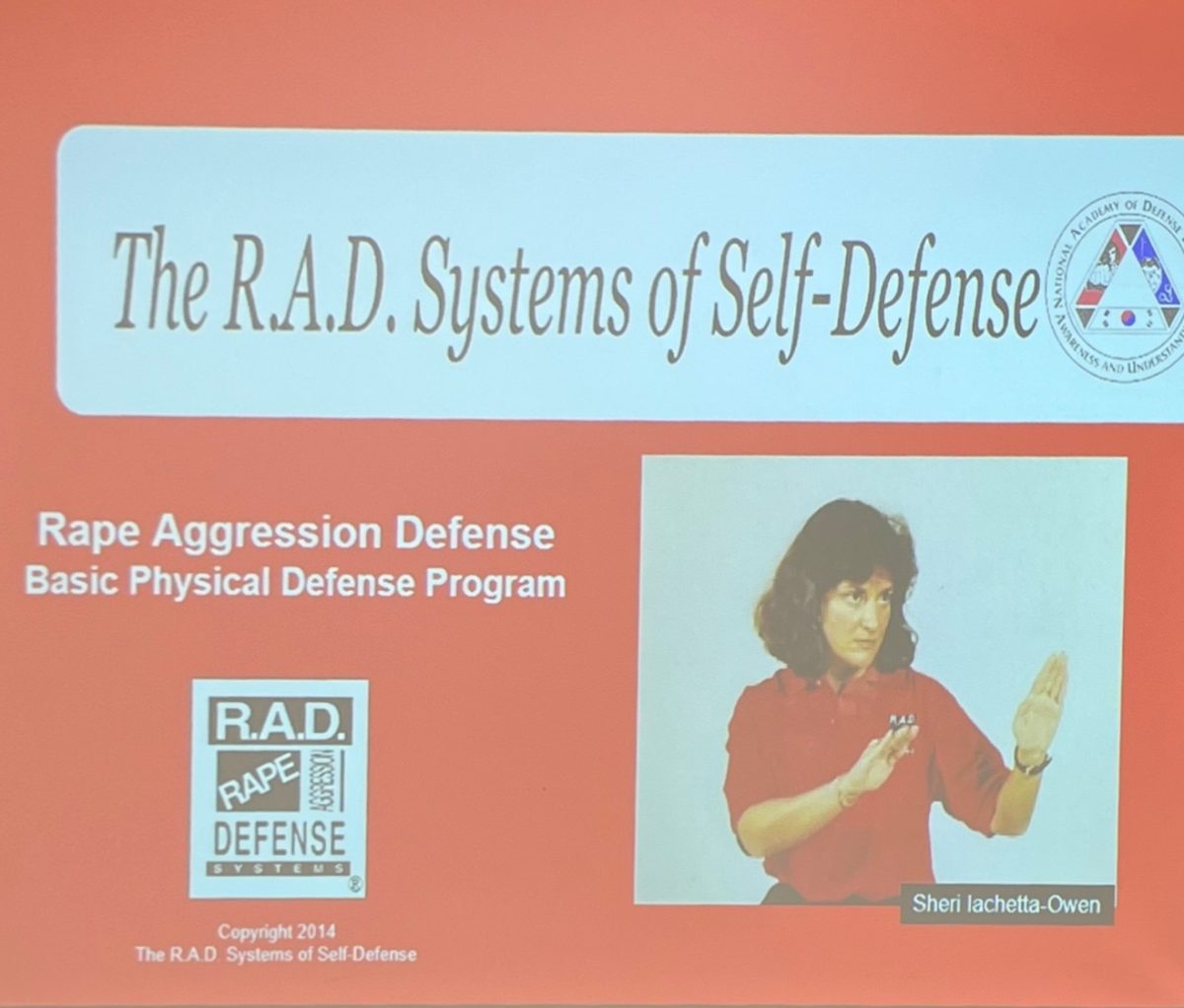

M Simon • May 9, 2014 at 5:16 am
THC binds to receptors on cancer cells causing cell apoptosis. This is also how the body naturally fights cancer cells with endocannabinoids. Look up “biochemist Dennis Hill” and also “Dr. Christina Sanchez molecular biologist Compultense University in Madrid Spain” for more information.
In the context of medicine having a drug free campus is not much different from having an anti-biotic free campus. It makes no sense except perhaps to the religiously motivated. And given that the prohibitions were originally racially motivated and are still mostly enforced that way they amount to institutionalized racism. And to think that schools back this program. I guess that without slavery and Jim Crow they need something.